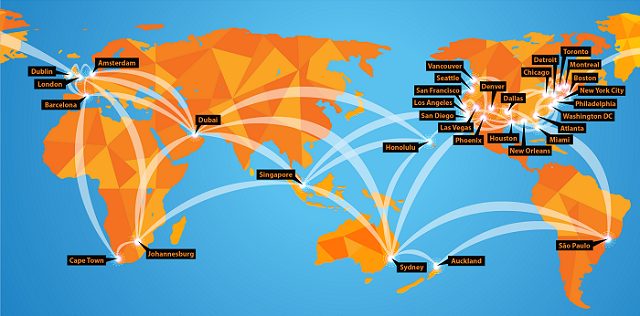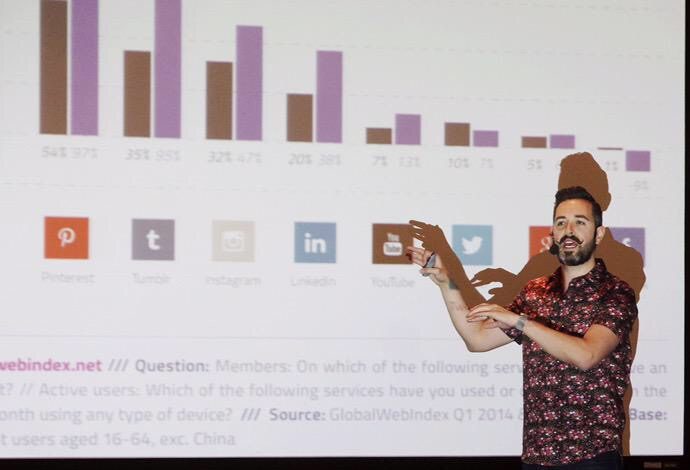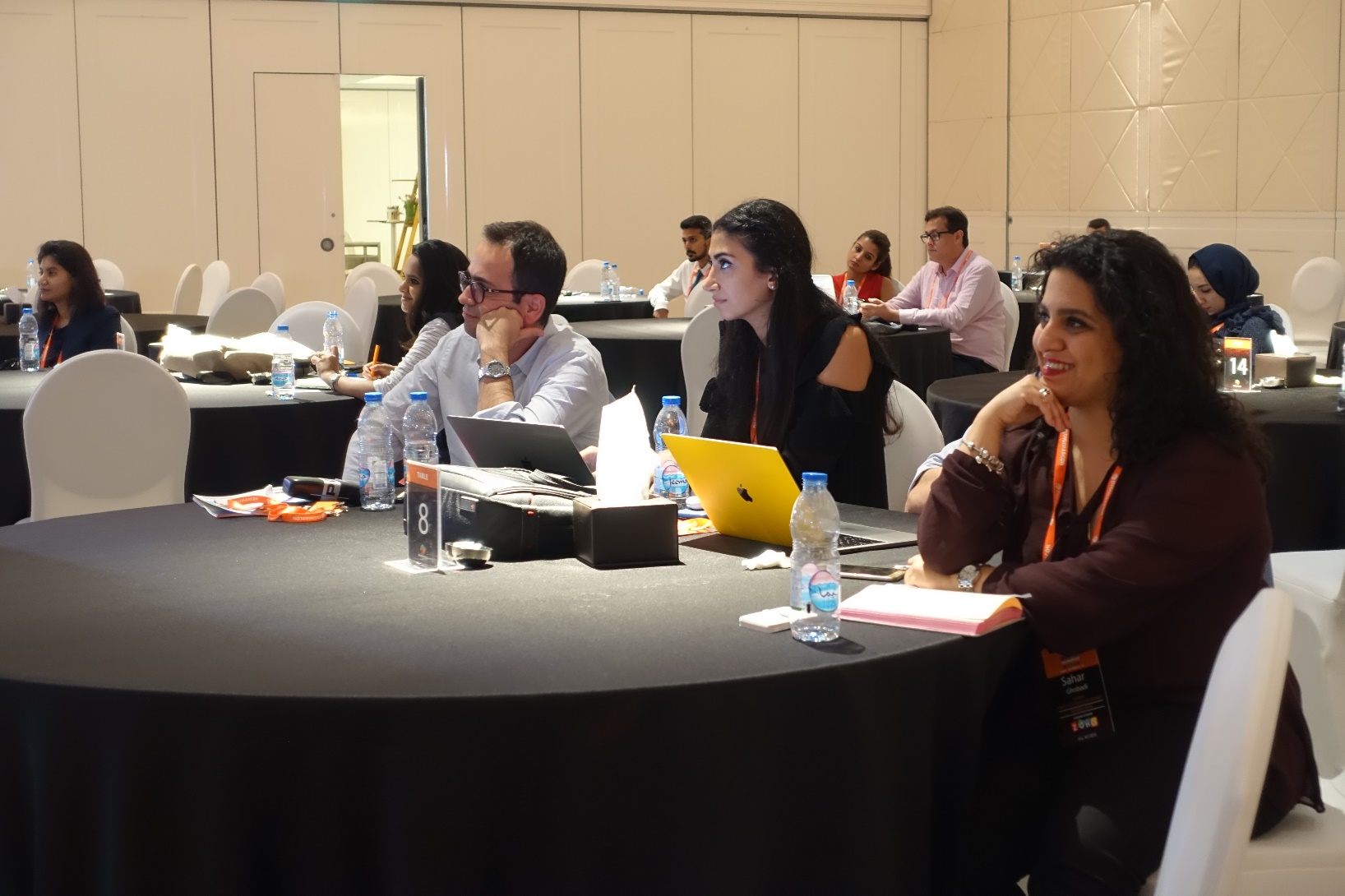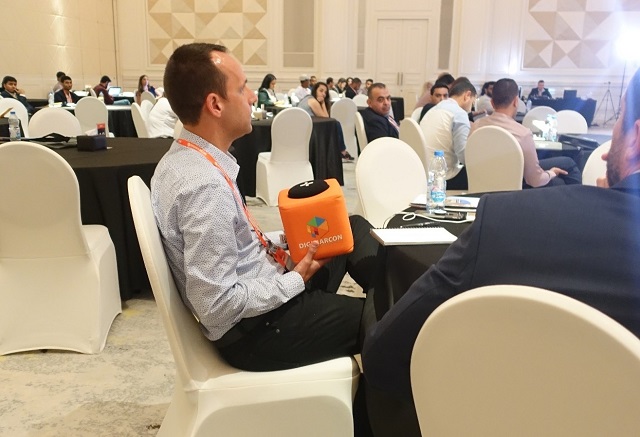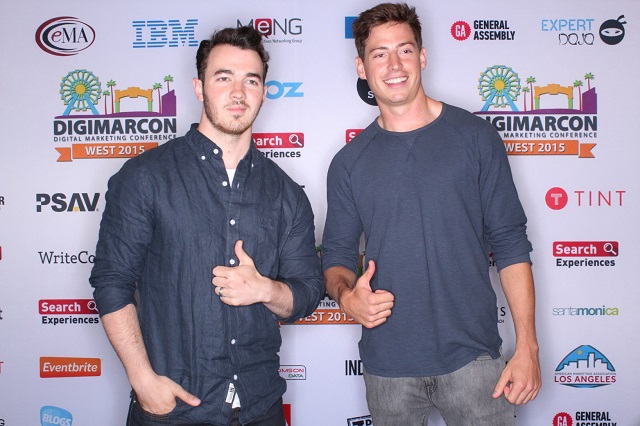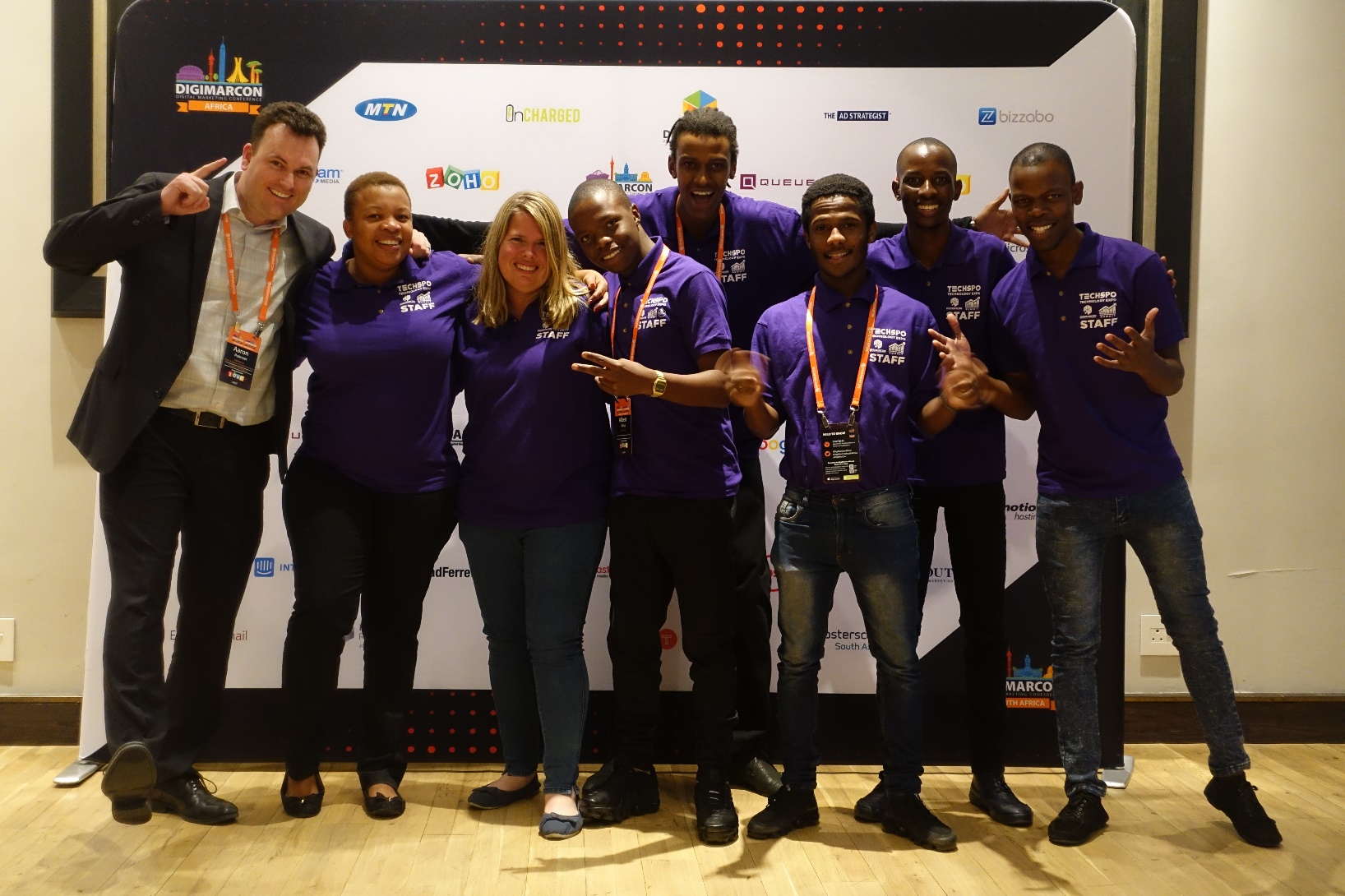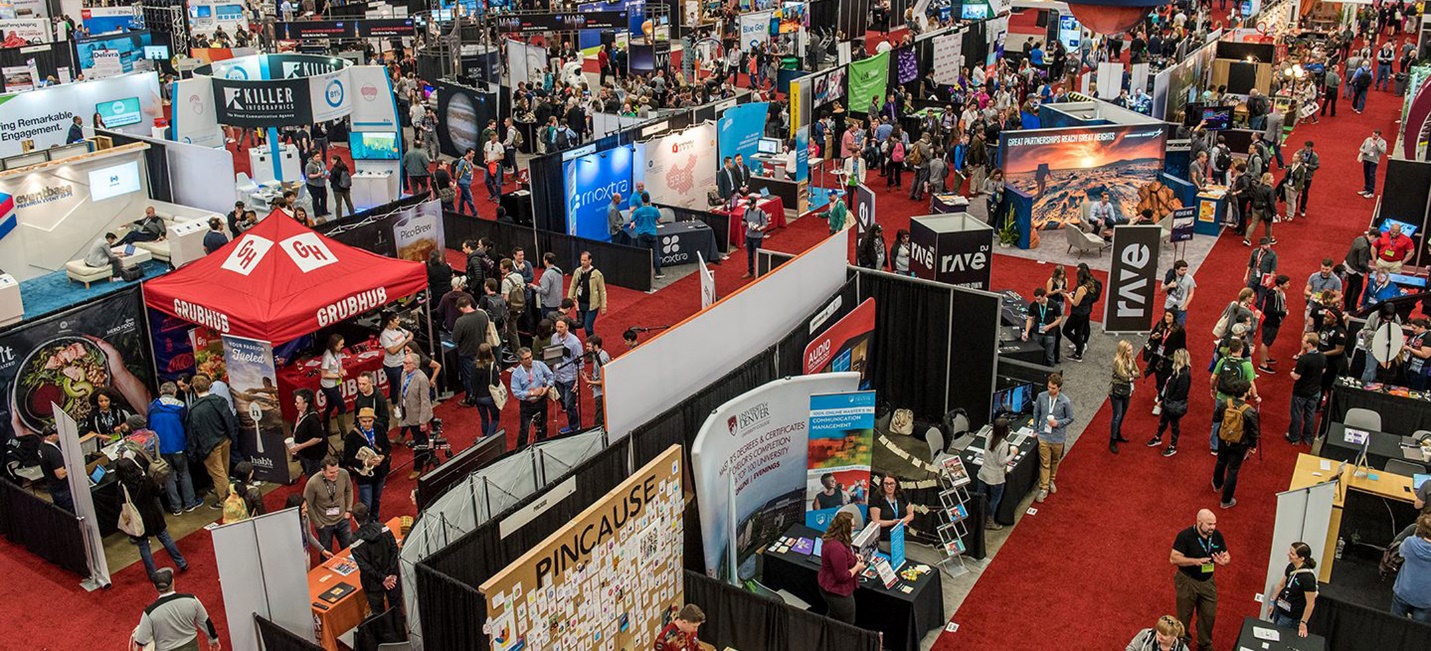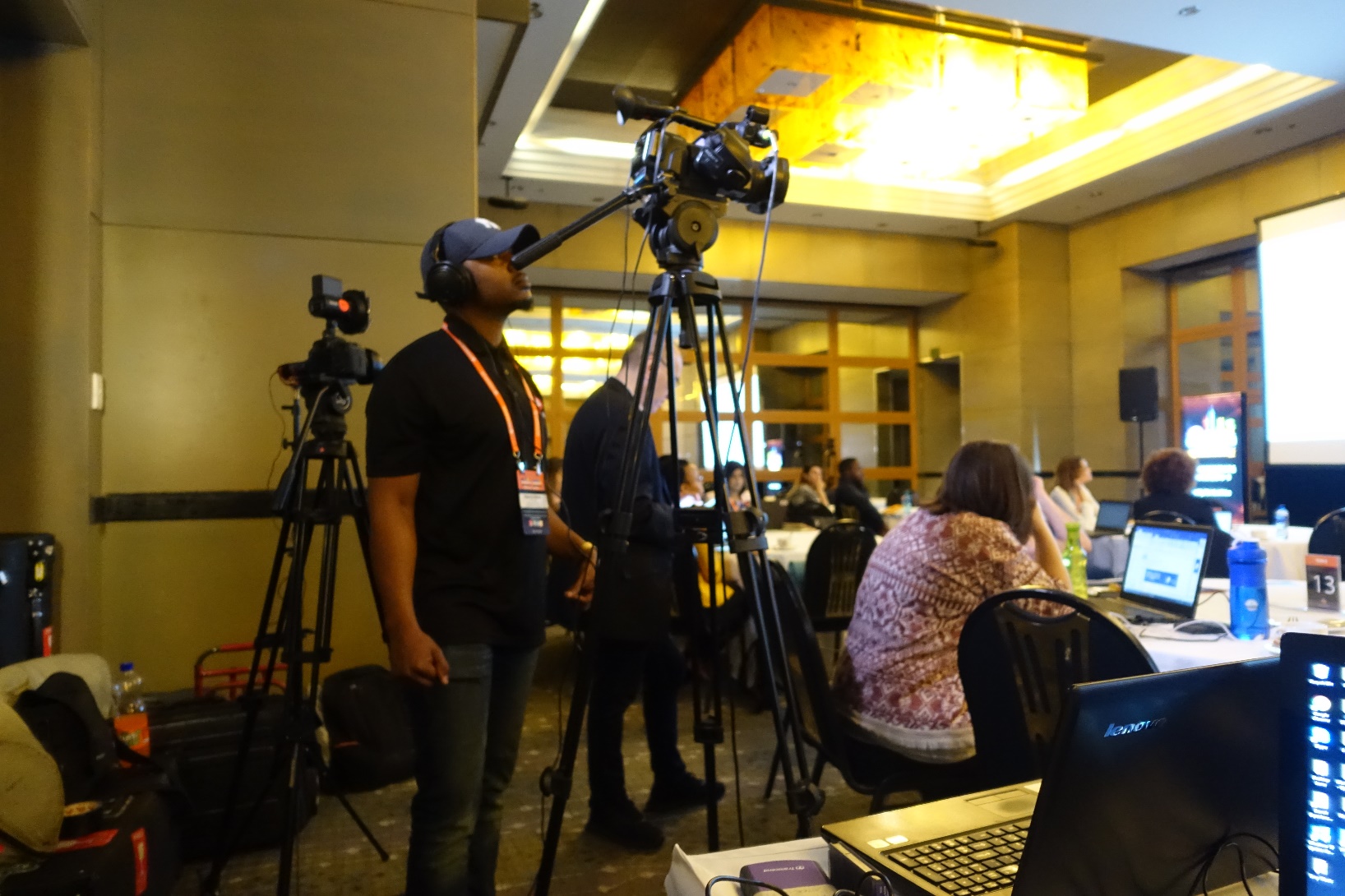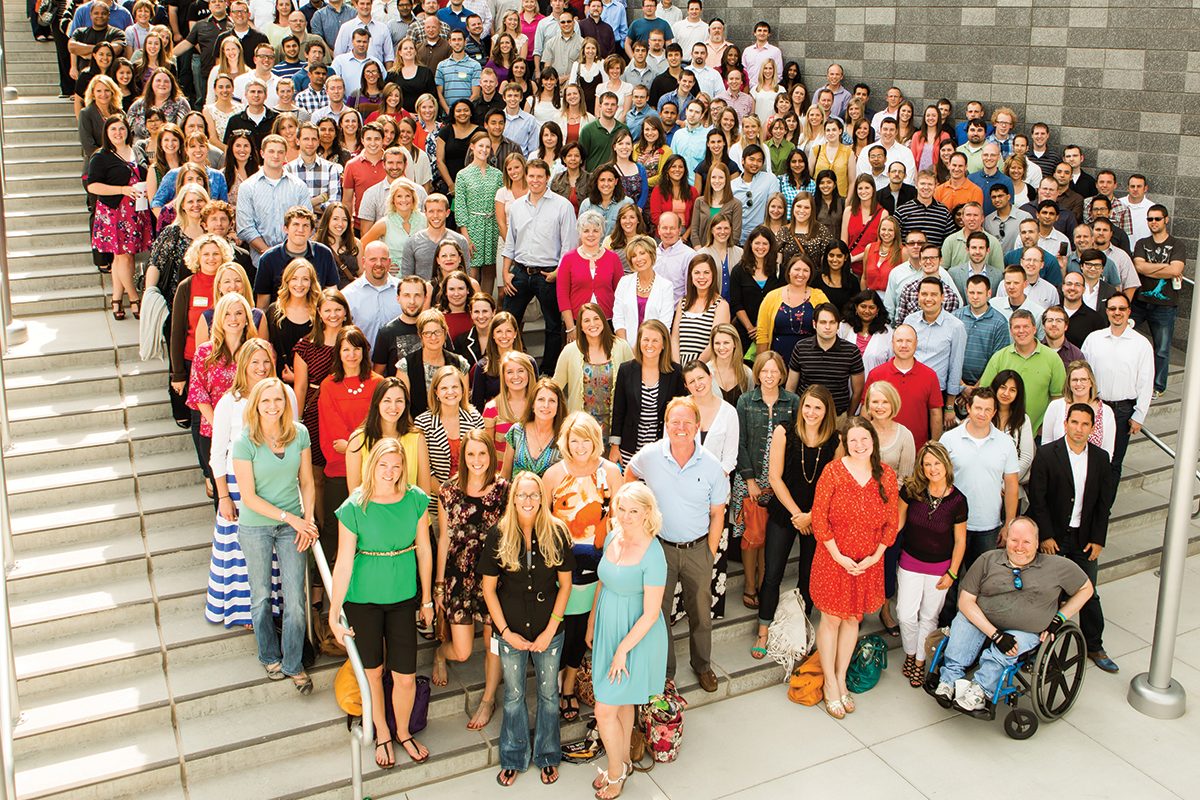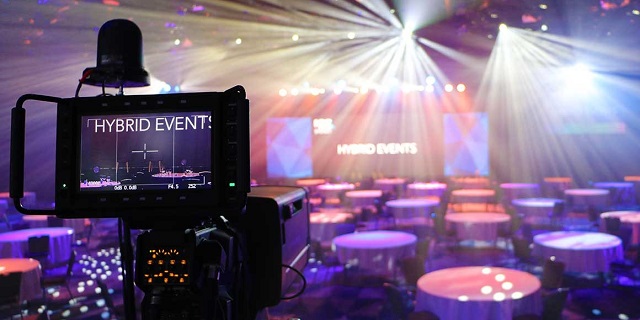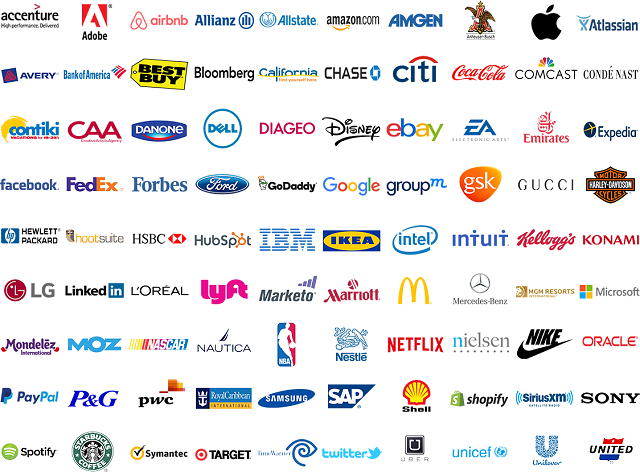Generative AI in B2B Influencer Marketing: New Data and Trends
By Nick Nelson The widespread adoption of generative AI technology is reaching every aspect of marketing strategies, from content to SEO to analytics and beyond. Influencer marketing is no exception.
Our new 2025 B2B Influencer Marketing Report finds marketers using GenAI for a variety of purposes in their influencer strategies, ranging from content creation — which leads the way at 57% — to more advanced applications like campaign optimization and audience segmentation.
Notably, those organizations with “very effective” influencer marketing strategies are 1.5x more likely to use AI for content creation, and 2x more likely to use it for the other uses mentioned.
This is a tricky area to navigate, with best practices still taking shape. You might wonder: Doesn’t the use of AI in influencer marketing kind of defeat the purpose, when authenticity and trust are the strategy’s driving forces? That’s an important question worth exploring.
Generative AI, influencer marketing, and authenticity
People trust people. They don’t trust faceless companies, and they certainly don’t trust robots. This underlying truth is what makes influencer marketing so effective, and underscores why marketers need to tread carefully when incorporating generative AI into their strategies.
Unique perspectives and advice, informed by real experiences and honed expertise, are the qualities that make influencer content valuable — to humans, to search engines, to social algorithms. Using generative AI in a way that detracts from these qualities is counterproductive at best. That’s not to say it doesn’t happen.
Lu Zhang wrote recently at Adweek about the rise of virtual influencers and AI avatars as brand representatives. It should go without saying how perilous this type of venture can be, threatening to evoke very negative reactions from your audience while offering little chance of resonance.
“My team’s research,” Zhang shared, “suggests that virtual influencers that present themselves as independent and authentic are especially poor at selling experiences, likely because consumers distrust virtual characters they know are preprogrammed yet pretend to have a mind of their own.”
Influencer marketing only works if it brings through the genuine credibility and voice of your influencer partners. With that in mind, let’s talk about generative AI and content creation.
Generative AI for content creation in influencer marketing
Nearly half of all respondents in the B2B Influencer Marketing Report (44%) named “the use of AI to expand and optimize influencer content” as the most important emerging trend in B2B influencer marketing today. Content creation was also the leading current use case for generative AI in influencer marketing, as mentioned above.
When we talk about using generative AI for content creation, we’re not talking about using AI to actually create the content. We know that takes away from the authenticity and impact. Instead, we’re talking about using generative AI to enhance and streamline the content creation process.
“It’s tempting to think that creators are pushing a button and getting [a] new video,” Amanda Ferrante of Code3 told Digiday. “But the applications today are often more subtle — use ChatGPT to generate script outlines or concept ideas, use auto-captioning tools, use Descript to edit a video using the transcript, use …read more
Source:: Top Rank Blog





